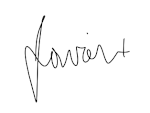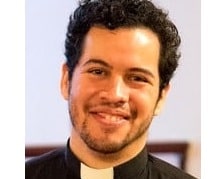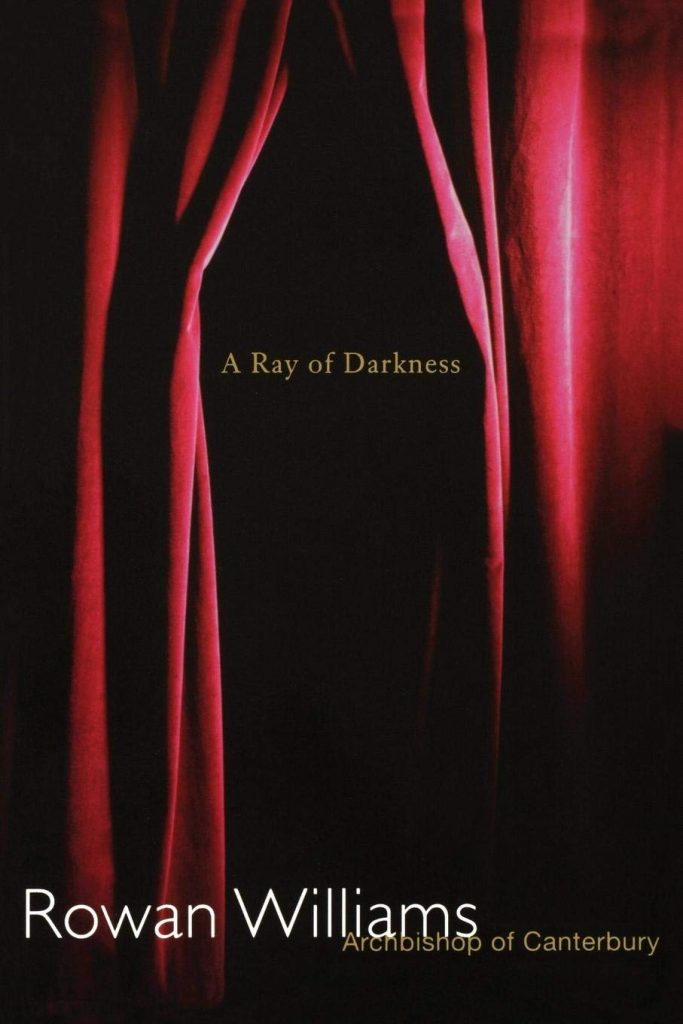I’ve been thinking about what it means to tell the truth about ourselves lately. Most of us long to be known, maybe, but not too well known: we would like to keep some things to ourselves, thank you very much.
To be fully known by God is not all it’s cracked up to be. Rowan Williams, the former Archbishop of Canterbury, names our predicament clearly: “how often has the Christian picture of God concentrated on God’s knowledge in a way that is totally oppressive? “O Lord, thou hast searched me out and known me. Whither shall I go then from Thy presence?” That can be a cry of despair; we have no privacy before the terrible omnipresent eye of God.”[1]
This applies to us just as much as to the world in which we live. When it comes to telling the truth about ourselves, we would prefer to edit the footnotes and clean up the margins, sliding the more unfortunate, embarrassing details into the dustbin of history. We call this a kindness: at its best, it is an attempt to see ourselves and others in the best possible light. But to do so leaves something to be desired. We cannot really love that which we do not also aim to know.
Williams provides a radically different approach: “When St. John tells us that our Lord “knew what was in us,” he is pointing to something very different, what Langland in Piers Plowman called “kind” knowing—knowing by kinship—and what scholastic philosophers called (unpromisingly) “knowledge by connaturality”: feeling with our nerves, seeing with our eyes, “made like us in every respect except sin.””
A “kind” knowing implies knowledge of our shortcomings. It is the kind of knowing that refuses to editorialize and yet loves anyway.
I wonder what it looks like to love ourselves with that kind of love. I wonder what that means for how we love our family, friends, and neighbors; I wonder what it would mean for the way that we tell the story of the country we claim to love.
We could skip ahead to the language of unity without reckoning with the truth—but that, my friends, would be a superficial kind of love. We are called to something greater. Let us hope that we are ready for the task at hand.
— Fr. Javier

[1] Rowan Williams, “Knowing and Loving”, in A Ray of Darkness: Sermons and Reflections (Cowley Publications, 1995).


